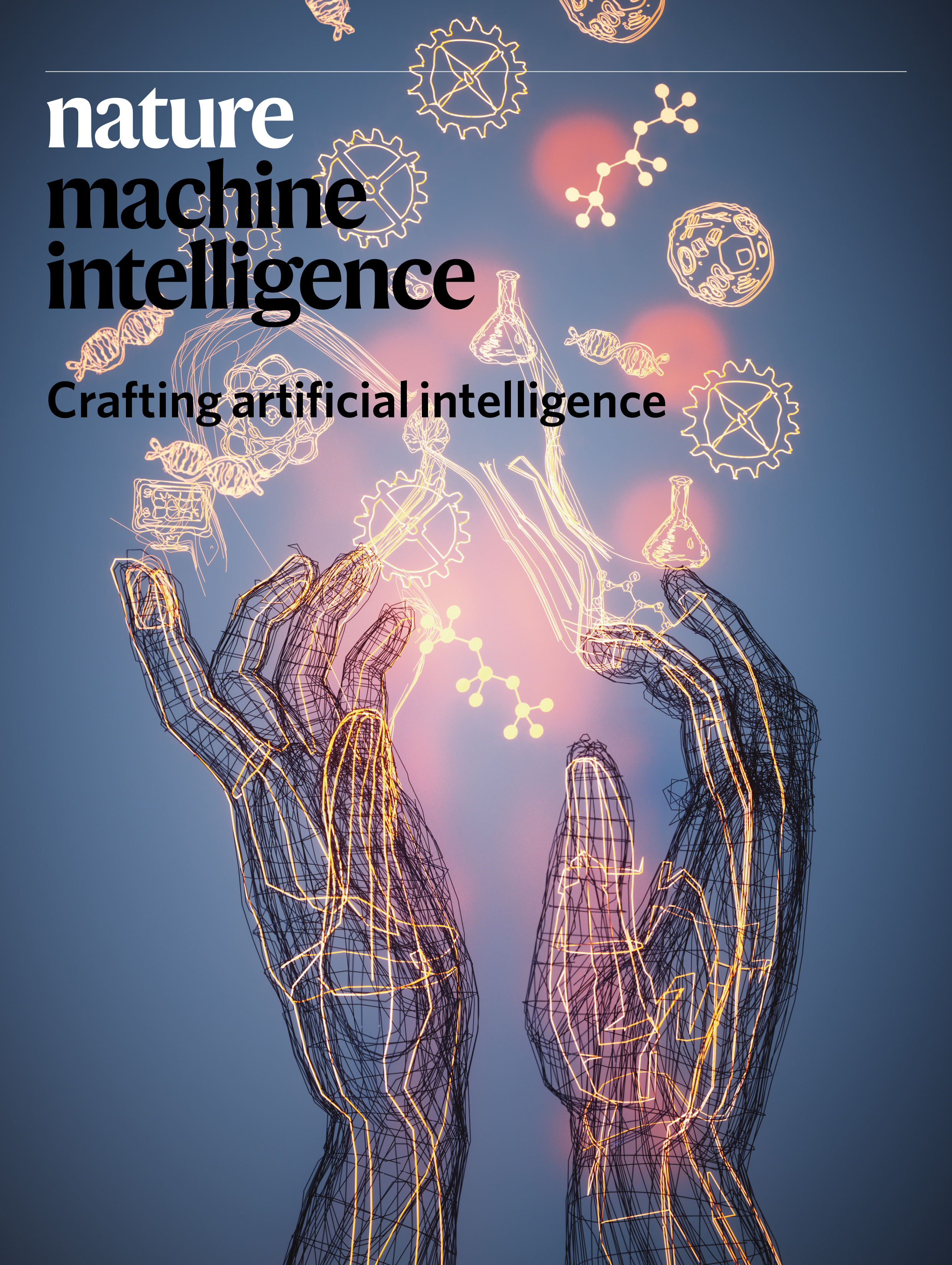Physical AI (PAI)

Physical Artificial Intelligence (PAI) refers to the theory and practice of creating physical systems capable of performing tasks typically associated with intelligent organisms. PAI has been recently defined by Dr. Aslan Miriyev and Prof. Mirko Kovac in the article "Skills for Physical Artificial Intelligence," published in Nature Machine Intelligence.
PAI is a new multidisciplinary domain, mainly involving the fundamentals of five disciplines: materials science, mechanical engineering, computer science, biology, and chemistry. Missing PAI skills have been the major gap for conductive successive research for the creation of lifelike robots. For the first time, the methodology for creating skills in PAI has been proposed in the article. It includes institutional support, encouraging multidisciplinary research and education by hiring new faculty members focusing on PAI, and community-level support by creating multidisciplinary dissemination platforms.
Empa Robotics Center sees PAI as the next frontier in Robotics on the way to lifelike robots.
 Related links:
Related links:
Article DOI: https://doi.org/10.1038/s42256-020-00258-y
Full text of the article: https://rdcu.be/cavWu
The article made the cover page of the November 2020 issue of Nature Machines Intelligence (Volume 2 Issue 11): https://www.nature.com/natmachintell/
The journal wrote an editorial article dedicated to the PAI paper: https://www.nature.com/articles/s42256-020-00262-2
Press release Empa: /web/s604/lifelike-robots
Press release Imperial College London: https://www.imperial.ac.uk/news/208053/skills-development-physical-ai-could-cultivate/
Credit: Aslan Miriyev, Mirko Kovac / Empa, Imperial College London
Cover design: Karen Moore
